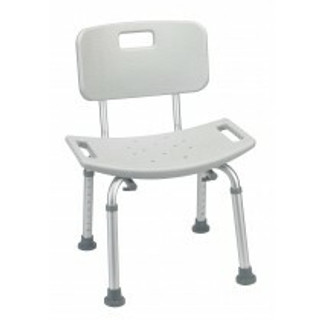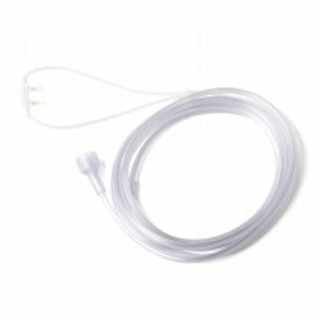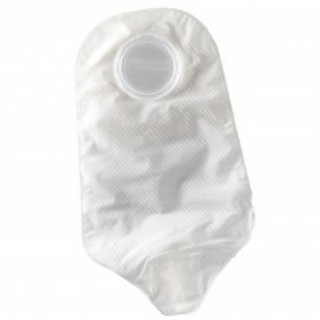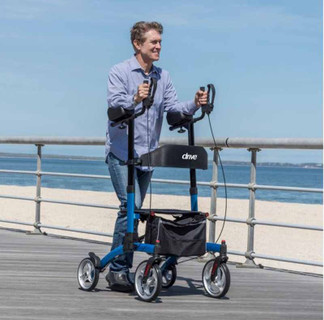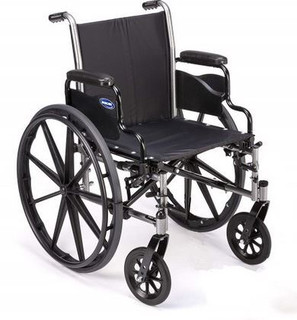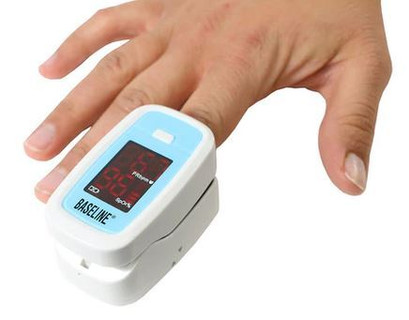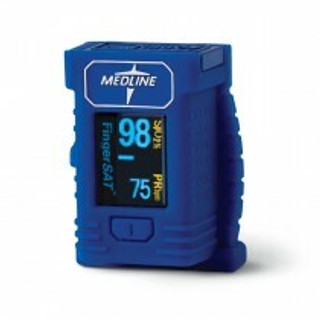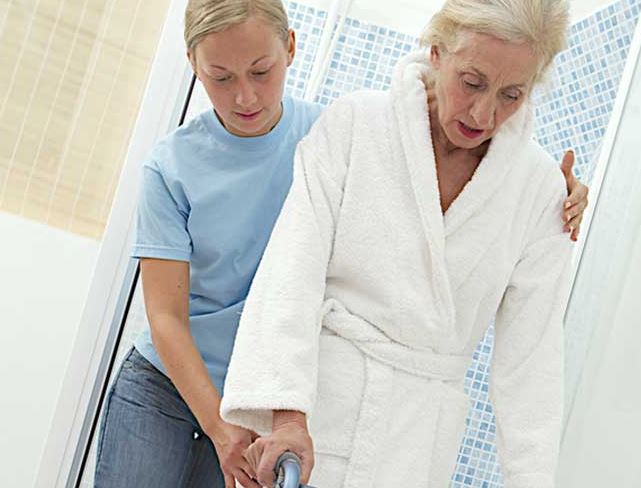Caring for Seniors with Alzheimer’s or Dementia: Tips for Maintaining Hygiene
Maintaining cleanliness for seniors with Alzheimer’s or dementia can be a sensitive and challenging task. These conditions often affect memory, mood, and physical coordination, making routine hygiene practices difficult to follow. However, with patience, planning, and empathy, caregivers can ensure their loved ones stay clean and comfortable. Below are detailed strategies and tips for addressing this critical aspect of caregiving.
1. Establish a Routine
- Consistency is Key: Establish a daily hygiene routine that occurs at the same time and place each day. Familiarity can reduce confusion and resistance.
- Visual Cues: Use visual prompts, such as labeled containers for soap and toothbrushes, to guide the person through each step.
2. Create a Comfortable Environment
- Warm the Space: Make sure the bathroom is warm and inviting, as seniors may feel vulnerable or cold during bathing.
- Minimize Noise: Turn off loud fans or appliances that might cause agitation. Soft lighting can also help create a calming atmosphere.
3. Use Simple and Gentle Communication
- Step-by-Step Instructions: Break tasks into smaller, clear instructions. For instance, say, “Let’s wash your hands now,” rather than overwhelming them with multiple steps.
- Positive Reinforcement: Offer encouragement and praise to build confidence and cooperation.
4. Adapt to Their Abilities
- Modified Equipment: Use tools like shower chairs, handheld showerheads, or no-rinse cleansers to make the process easier and safer.
- Assist as Needed: While promoting independence, be ready to step in when necessary. Allow them to do what they can, even if it’s only small tasks like holding a washcloth.
5. Address Resistance with Sensitivity
- Understand the Cause: Resistance to bathing might stem from fear, embarrassment, or discomfort. Observe their behavior to identify triggers.
- Offer Choices: Provide options like the time of day for bathing or selecting their preferred soap to give them a sense of control.
6. Be Mindful of Skin Care
- Gentle Products: Use mild, hypoallergenic soaps and shampoos to protect sensitive skin.
- Moisturize: Apply lotion after bathing to prevent dryness and discomfort.
7. Maintain Oral Hygiene
- Simple Tools: Use a toothbrush with a comfortable grip or an electric toothbrush for ease of use.
- Supervise or Assist: Guide their hand or demonstrate brushing to encourage participation.
8. Promote Dignity and Respect
- Cover Up: Use towels or robes to cover areas not being washed to preserve modesty.
- Explain Actions: Keep them informed about what you’re doing to minimize surprise and anxiety.
9. Stay Patient and Flexible
Caring for someone with dementia requires patience. Some days will be more challenging than others. If they are particularly resistant, try again later rather than forcing the issue.
10. Seek Support When Needed
- Professional Help: If hygiene becomes too difficult, consider hiring a home health aide experienced in dementia care.
- Support Groups: Connect with other caregivers to share experiences and tips for managing hygiene challenges.
By combining empathy with practical strategies, caregivers can ensure their loved ones with Alzheimer’s or dementia maintain cleanliness and dignity. Small adjustments in approach can lead to greater comfort for both the caregiver and the individual receiving care.
At SafeWell Medical we have all of the bathing and hygiene supplies necessary for bathroom safety for your loved one. All with our fast and free shipping guarantee!






